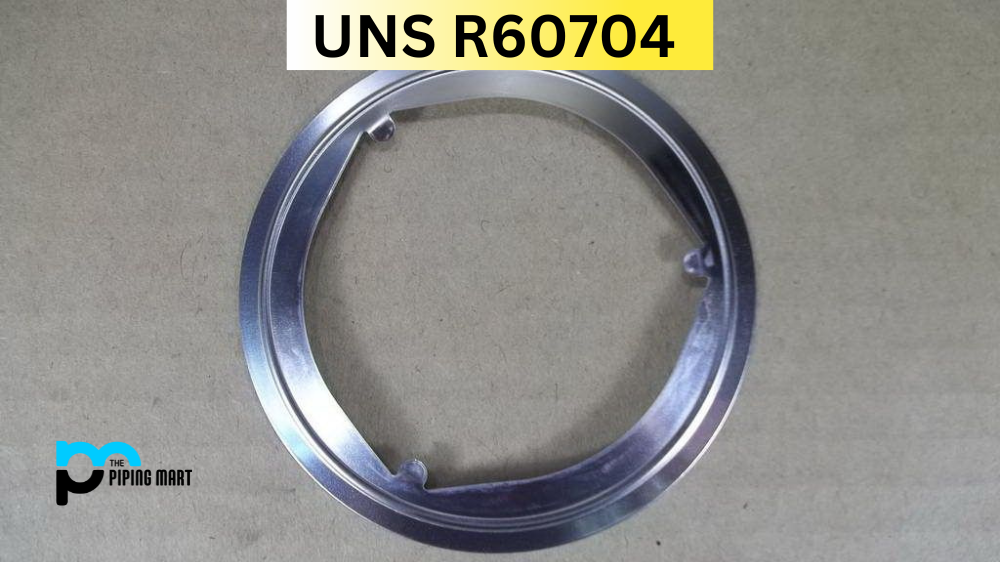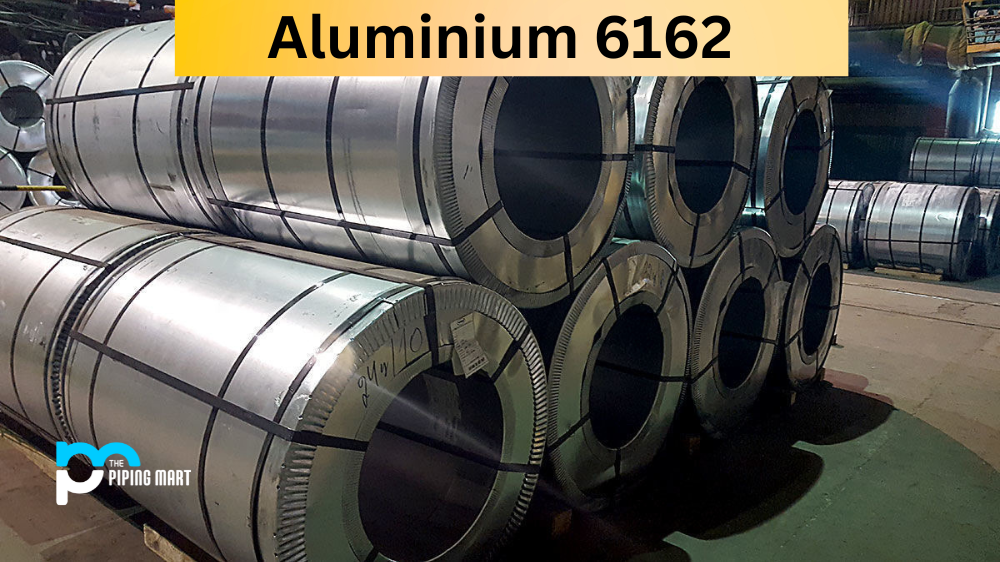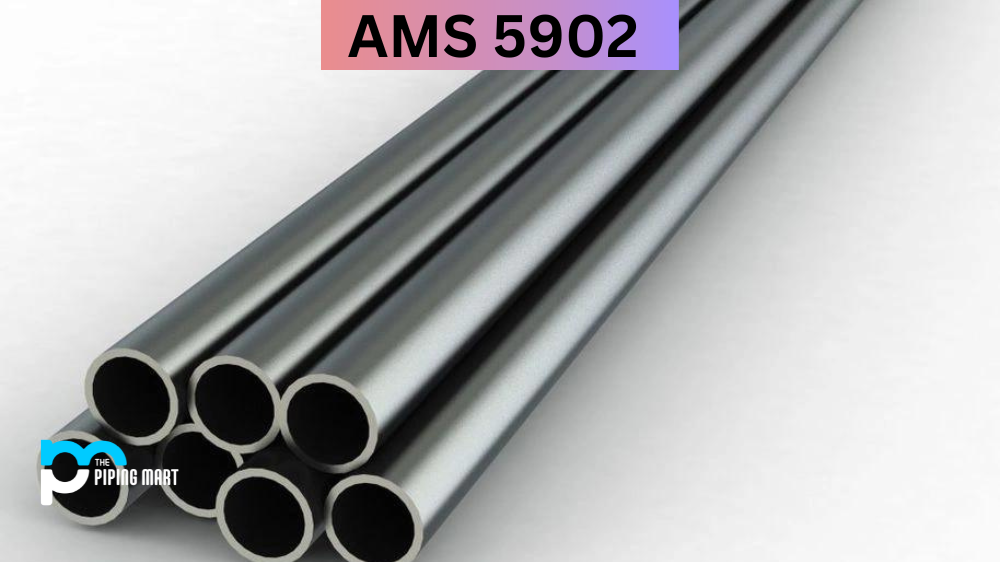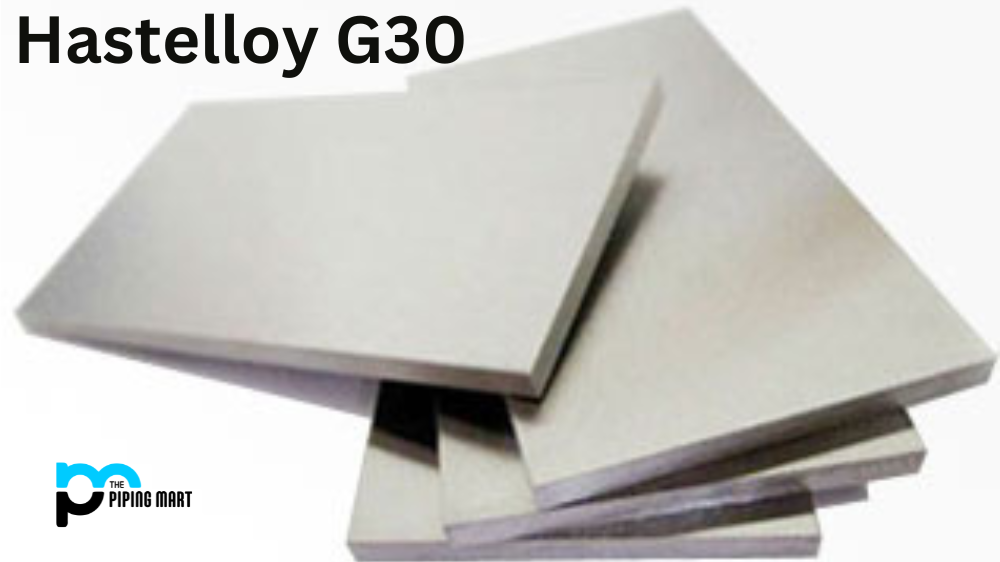UNS R60704 is an alloy containing small amounts of molybdenum and nickel. With its high strength-to-weight ratio, R60704 is widely used in the aerospace, chemical processing, and medical industries. This blog post will explore the composition, physical and mechanical properties, uses, hardness, heat treatment, welding, and corrosion resistance of R60704.
R60704 Composition
THE UNS R60704 Zirconium alloy consists of 0.3% molybdenum and 0.8% nickel. It also contains 0.03% carbon, 0.2% iron, 0.15% oxygen, and trace amounts of other elements like nitrogen and hydrogen. The small amounts of molybdenum and nickel improve the alloy’s corrosion resistance, strength, and weldability.
R60704 Physical Properties
R60704 has a density of 4.51 g/cm3, which is relatively low compared to other metals. It has a melting point of 1620°C and a boiling point of 3287°C. The alloy is malleable, which means it can be drawn into wires or hammered into sheets without fracturing. It also has low thermal conductivity and electrical resistance.
R60704 Mechanical Properties
The mechanical properties of R60704 titanium alloy include high tensile strength, yield strength, and fatigue resistance. The tensile strength of the alloy is up to 750 MPa, and its yield strength is up to 620 MPa. R60704 also has excellent fatigue resistance, making it suitable for critical applications like aircraft engines.
R60704 Uses
The superior mechanical and physical properties of UNS R60704 make it suitable for various applications. In the aerospace industry, it is used to manufacture aircraft parts like wings, engine components, and landing gear. Due to its excellent corrosion resistance, the chemical processing industry uses R60704 in heat exchangers, reactors, and piping systems. The medical industry uses it in dental and orthopaedic implants.
R60704 Hardness
R60704 has a high hardness of up to 340 Vickers, making it challenging to machine. Despite its high hardness, R60704 still maintains good ductility and formability.
R60704 Heat Treatment
R60704 has excellent thermal stability and can withstand high temperatures. However, it is not recommended for use in temperatures above 500°C for extended periods. The alloy can be heat-treated to achieve desired mechanical properties, but care must be taken to prevent contamination by oxygen and moisture.
R60704 Welding
UNS R60704 can be welded through various methods, including TIG, MIG, and resistance welding. However, ensuring the weld zone is free from oxygen and other contaminants that can affect the alloy’s corrosion resistance is essential.
R60704 Corrosion Resistant
R60704 exhibits excellent corrosion resistance in various environments, including seawater, acids, and alkalis. The molybdenum and nickel in the alloy improve its resistance to pitting, crevice, and intergranular corrosion. The alloy’s corrosion resistance suits harsh environments, such as offshore oil rigs.
Conclusion
UNS R60704 is a titanium alloy with superior mechanical and physical properties, making it a preferred material in critical applications like aerospace and chemical processing. The alloy’s high strength-to-weight ratio, ductility, excellent corrosion resistance, and weldability make it ideal for harsh environments. With proper handling and processing, R60704 can manufacture components that last for extended periods, even in challenging applications.
Meet Heer, a dynamic and driven writer learning tricks of her trade in the metal industry. With a background in Digital Marketing, Heer brings a unique perspective to her writing, sharing valuable insights. Apart from blogging she like reading and hiking.




